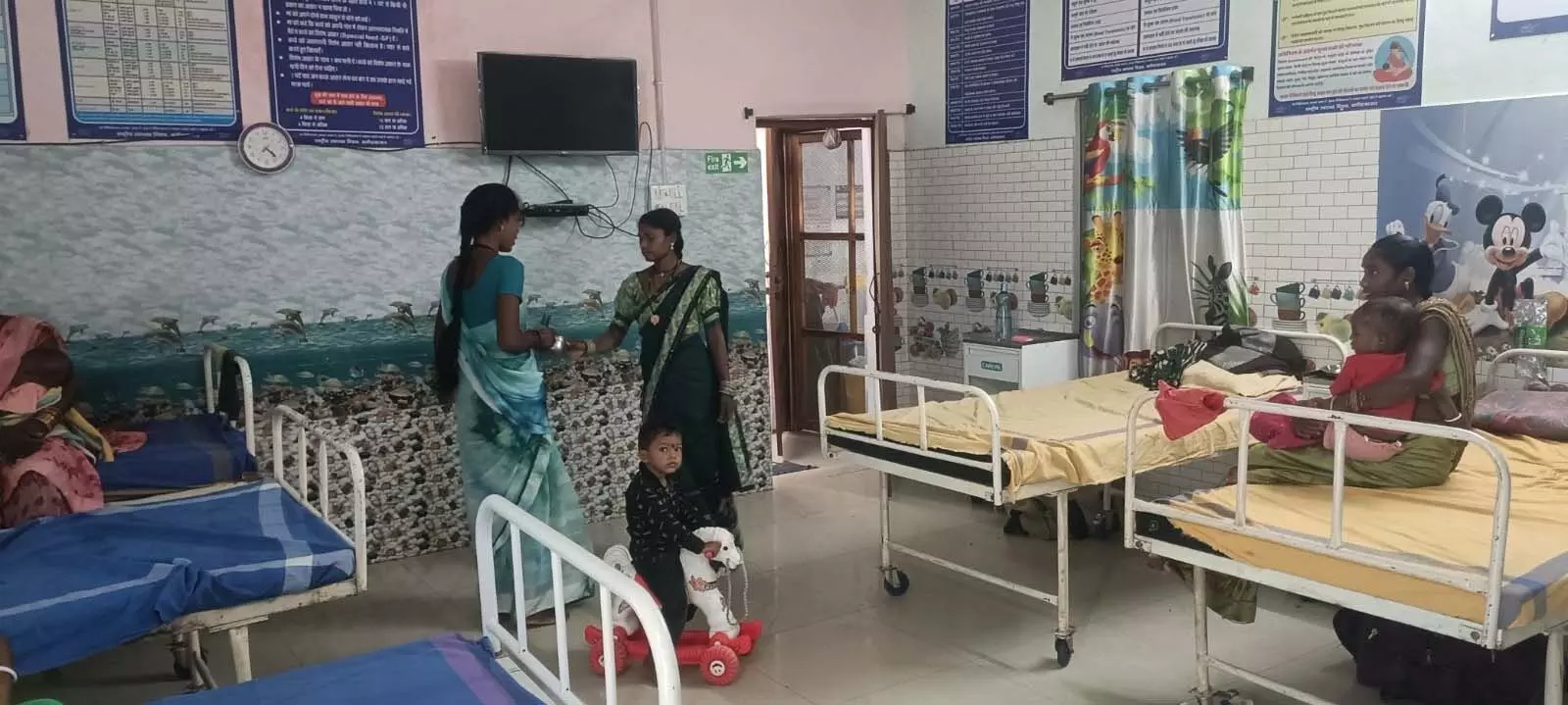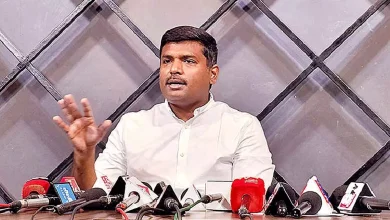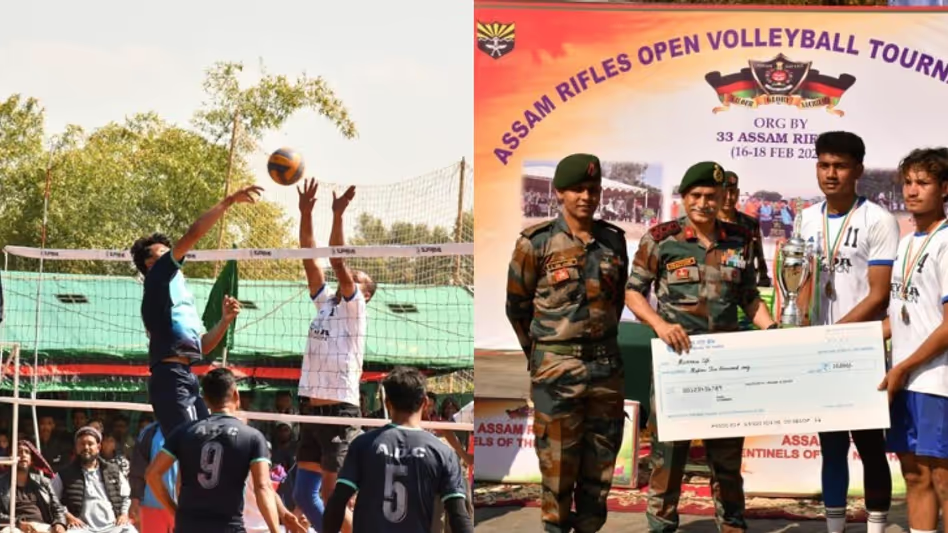Smiles are coming on the faces of children from nutrition rehabilitation centers

Raipur. Malnutrition in children is considered a very serious condition. This affects the physical and mental development of the child and due to this there is also a risk of increasing infant mortality rate. In such a situation, the state government is successfully operating Nutrition Rehabilitation Centers in District Balodabazar Bhatapara and making successful efforts to get the children suffering from severe malnutrition out of it. According to Hemin Bai Dhruv, mother of a 6-month-old girl from village Konari of Palari development block, who was cured from the Nutrition Rehabilitation Center of District Hospital Balodabazar, her daughter weighed 3 kg, who was admitted to the district hospital and given nutritional food. After giving nutritional food, her weight became 6 kg, now the girl is completely fine. Similarly, a 2-year-old severely malnourished girl from village Charoda under Palari development block weighed only 4 kg 400 grams, who is being admitted to the hospital and given nutritional food. According to the girl’s mother Sarita Dhruv, she is getting better treatment and nutritional food on time in the hospital.
Nutrition Rehabilitation Centers are being operated in District Hospital, Community Health Center Kasdol and Palari in Balodabazar. Nutrition Rehabilitation Center is a facility based unit where nutrition facilities are provided to children below 5 years of age and severely malnourished children, along with necessary care and food related skill training is also given to the parents of the child so that they can try to keep their children away from malnutrition at home as well. From January 2024 till now, 94 children have been admitted in the district hospital, 135 in Palari and 141 in Kasdol. According to doctors, there are mainly two types of malnutrition in children, the first is rickets in which the muscles of the body become very weak, and there is a decrease in weight. The body becomes thin, bones become visible. Body weight decreases in proportion to age. The second type of malnutrition is Kwashiorkar which starts with inadequate and unbalanced diet. It shows swelling in hands, feet and the whole body, hair becomes discolored and falls out easily, symptoms of vitamin A deficiency such as blurred vision, inability to see in bright light, etc. Malnutrition in children is mainly identified in Anganwadi centers for admission in Nutrition Rehabilitation Centers.
Apart from this, arrangements have also been made for this in health centers. Because malnourished children are more prone to infections, they fall sick frequently and it takes a long time for them to recover. Some criteria have been set for admission of children in Nutrition Rehabilitation Centers. Under this, if a child below 6 months of age is very weak, is unable to drink milk effectively, or a child with a height of more than 45 cm does not have a weight according to his height, severe dryness is visible or there is swelling in both legs, whereas for children from 6 months to 60 months, the criteria have been fixed as weight according to height, the circumference of the middle part of the upper arm is less than 11.5 cm or there is swelling in both legs. Children in such a situation need immediate admission in the Nutrition Rehabilitation Center. In every Nutrition Rehabilitation Center, children are given food on the basis of a diet chart. This diet chart has been prepared differently for 7 days of the week so that novelty and interest in food remains. In case of admission in the Nutrition Rehabilitation Center, one of the child’s family members who comes as an attendant is also given food and assistance amount of Rs 150 per day for 15 days. Collector Deepak Soni has instructed the Women and Child Development and Health Department to immediately identify severely malnourished children and send them to these centers on a regular basis. He has also appealed to the parents to make their malnourished children free from malnutrition by taking advantage of this government facility so that the physical and mental development of the child can take place.
















